Web Based Training
IBM Cúram Workflow for Developers 6.0.5 - 9D52G
This five-day course provides you with a technical understanding of developing IBM workflows.

Beschreibung
Workflow supports the automation of business processes and allows work to be routed among individuals, departments, and the automated parts of the system. IBM Social Program Management (SPM) applications provide workflow process definitions to support a range of business processes that bring efficiency benefits to organizations. This course describes how to design and implement workflow process definitions.
At the end of the course, you will design and implement a workflow for a business process.
Workflow concepts and benefits
The role of the Process Definition Tool (PDT) when defining IBM workflows
Creating workflow data
The activity types supported by IBM Workflow and their respective purposes
The role of allocation strategies in IBM -defined workflows
The role played by tasks and notifications in IBM -defined workflows
The approach for developing workflows
Ziel
Use the IBM PDT to create and manage process definitions
Define Workflow Data Objects (WDO) and data mappings
Configure flow control features
Enact workflow process instances
Configure manual activities
Configure decision activities and notifications
Implement a work allocation strategy to allocate tasks
Troubleshoot workflow design and implementation issues
Customize an IBM application workflow
Anforderungen an die Teilnehmer
You should have completed IBM technical fundamentals training:
IBM SPMfor Developers (ADE) 7.X(9D73G)and
IBM SPMfor Developers (Customization) 7.X(9D74G)or
Any previous version of the IBM developer fundamentals course.
You should also have achieved certification as an IBM application developer. In addition, you must have a good working knowledge of object-oriented concepts and Java.
Teilnehmer
This intermediate course is aimed at developers and technical architects.






